Science at Wood Ley Community Primary School
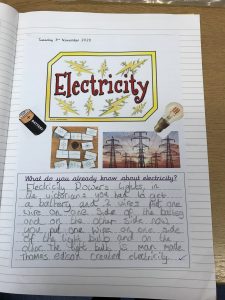
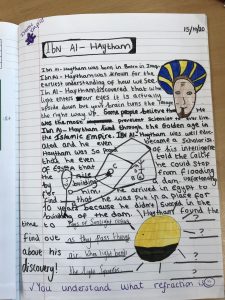
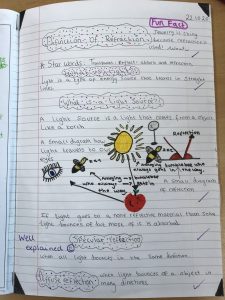
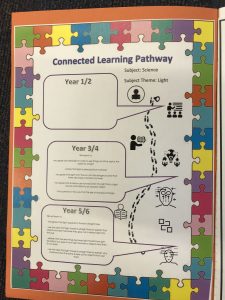
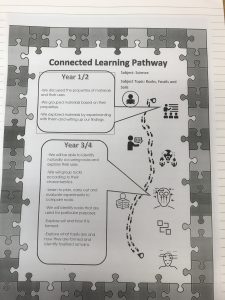
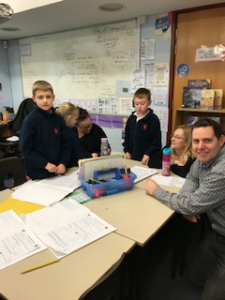
At Wood Ley we aim to build children’s curiosity and nurture their passion for Science through a broad, rich curriculum that allows them to explore and discover in order to develop a deeper understanding of the world we live in. By allowing pupils to engage in practical experiences that encourage exploration and investigation, our children are taught the uses and implications of Science, today and for the future. Through real-life experiences and contexts, our children develop an understanding of the wider world around them and an appreciation for their responsibility towards their community and wider environment, underpinning our philosophy as a values based school.
In addition to discrete weekly lessons, Science is interwoven into the curriculum so that children use their scientific skills on a daily basis. Each unit is taught through a hands-on, enquiry based approach, which aims to develop their scientific knowledge and conceptual understanding. Through developing their ‘working scientifically’ skills, pupils will understand the nature, processes and methods used within Science and be able to apply these in order to answer scientific questions using a range of approaches.
Books are also an important part of our science curriculum and are often used as stimulus for units of work to enrich and enhance what is being taught. Carefully considered texts have been chosen for our school’s reading pathways that feature books linked to different subjects and topics.
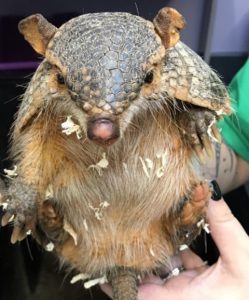
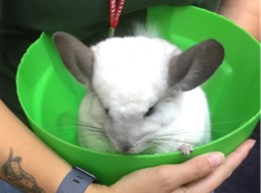
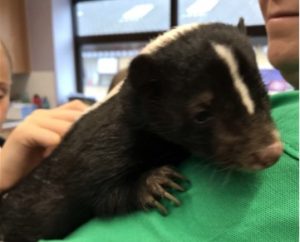

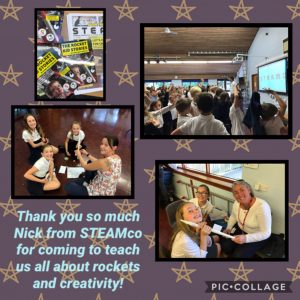
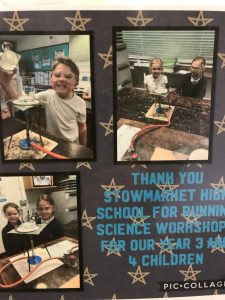
Foundation Stage and Key Stage 1
From the Early Years Foundation Stage through to Key Stage 1, pupils develop their scientific understanding through experiencing and observing phenomena and events and being encouraged to ask questions and challenge what they notice. This includes exploring what plants need to grow and how trees within the local area change over the year to explore the concept of change over the seasons. The theme of change is developed further when learning about animals, including humans. For example; life-cycles and simple physical changes in humans from birth to adulthood. Appealing and diverse opportunities are provided for children to investigate materials and objects and then use their ever- growing knowledge to initiate spontaneous enquiry based experiments of their own. Links to other subjects such as history, are evident in our ‘Super Scientists’ unit where the children begin to learn about influential people in science.
Key stage 2
Entering into Lower Key Stage 2, children begin to broaden their scientific view of the world around them through testing and developing ideas about nature and the relationship between living things and the environment. For example; questioning how rocks are formed and investigating how changing environments can affect habitats. The children continue to build their knowledge of ‘Super Scientists’ by learning about different scientific professions and the importance of science in everyday life. By this stage, pupils plan and set up practical enquiries, considering comparative fair testing and using scientific evidence to support their findings.
Moving into Upper Key Stage 2, the focus is on a deeper understanding of a wide range of scientific ideas and recognising how more abstract ideas change and develop over time, such as changes within ecosystems, animal development and how humans change due to evolution and inheritance. Key Scientists are studied and discussed alongside the impact of scientific developments in relation to modern life, for example; the progress and use of DNA. By this point, children are using a range of scientific data and observational evidence to justify their findings.
Through encouraging our pupils to experiment, reflect, ask questions and take risks within a safe environment, we aim to develop their core scientific skills and equip them for the ever-changing world around them. Our vision is for all pupils to feel challenged and stimulated by their experiences in order to become confident, life-long scientific learners.